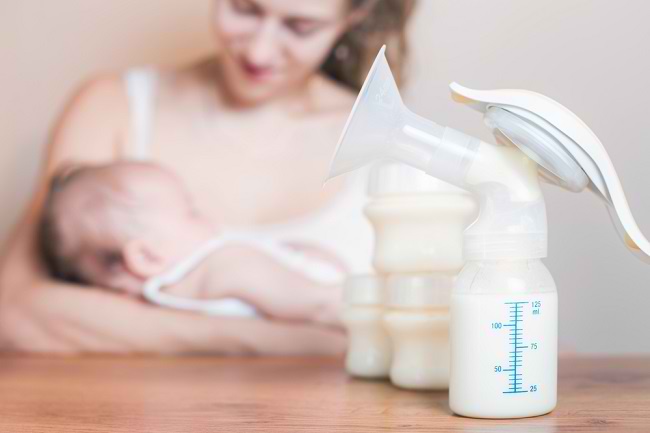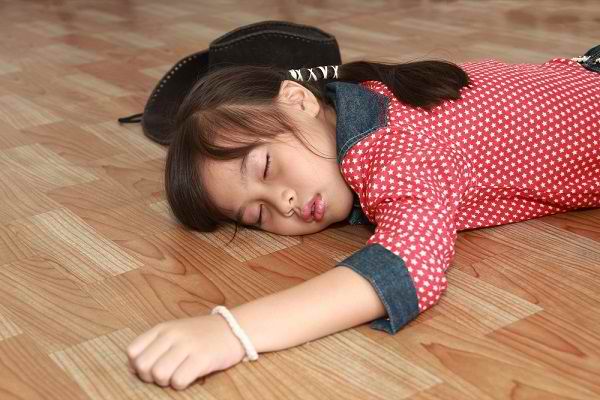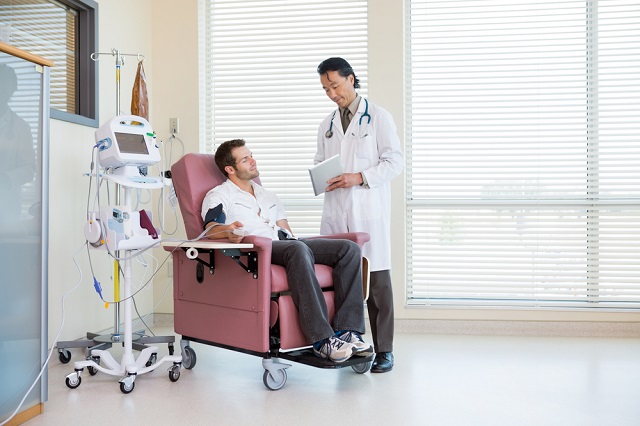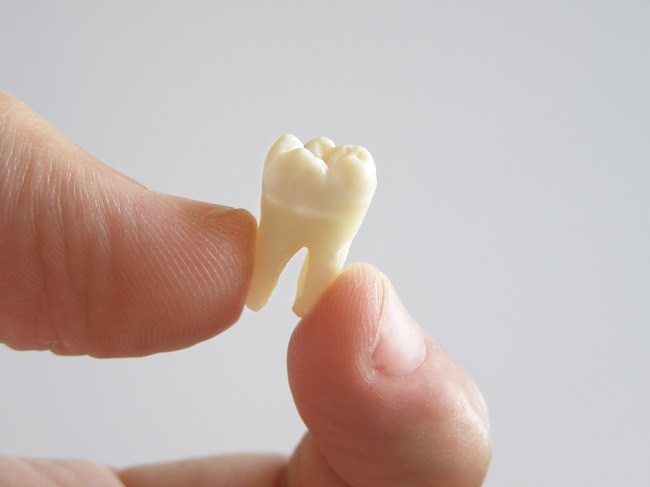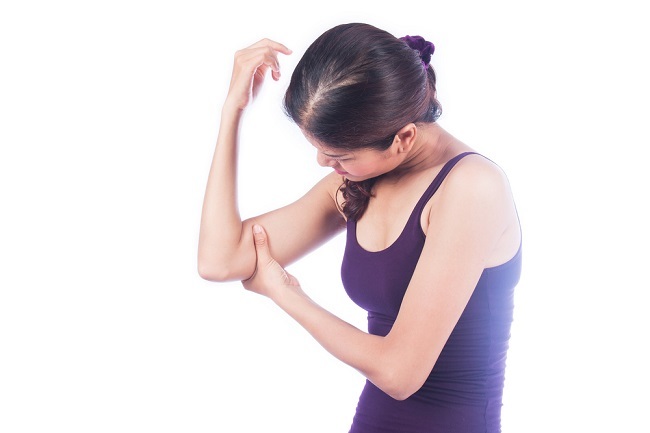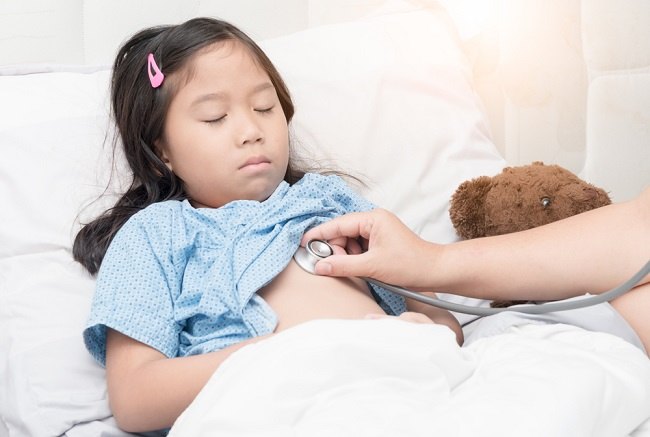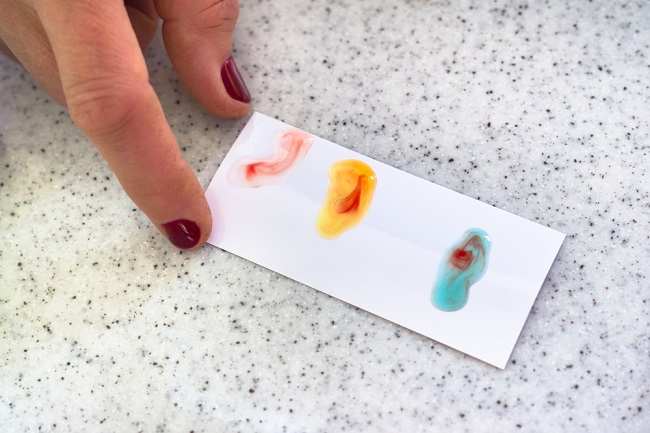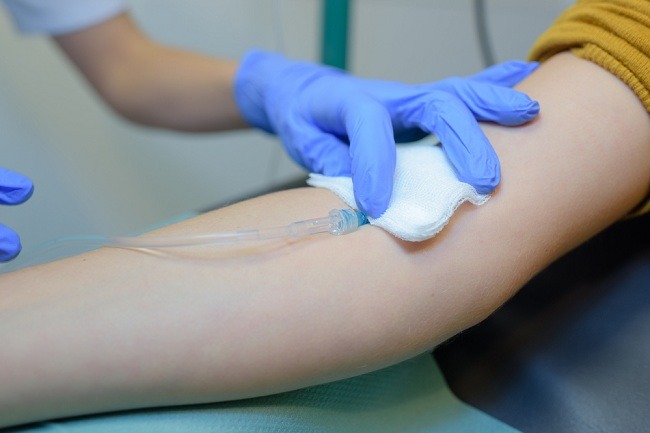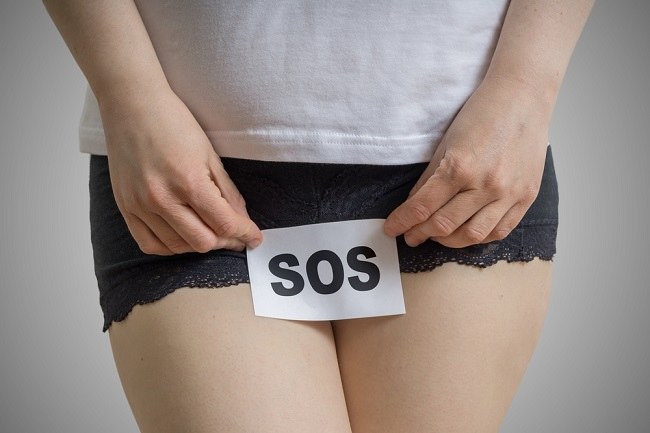Do you often have headaches at the end of your period? Calm down, you are not alone.Around60 percent woman often have a headache when entering menstruation or towards the end of menstruation.Want to know why this happened and how method overcome it? Check out this article.
Headaches are caused by the activation of the pain nerves in the head. This condition can be triggered by chemical activity in the brain, blood vessel disorders in the head, and muscle disorders around the head and neck.

Complaints of headaches usually arise due to lifestyle influences, such as late eating, lack of sleep, to being under stress. However, in women, this complaint also appears during or near the end of menstruation.
Causes of Headaches at the End of Menstruation
In addition to the influence of the lifestyle you live, there are several things that can cause headaches at the end of your period. These include:
Hormone imbalance
During menstruation, the levels of the hormones estrogen and progesterone in a woman's body can change significantly. now, Decreased levels of the hormone estrogen are believed to be the cause of headaches at the end of menstruation.
In some women, these hormonal changes can even cause severe headaches, also known as menstrual migraines.
Menstrual migraines are usually characterized by pain with a throbbing sensation on one side of the head. In addition, other complaints may also be felt when experiencing menstrual migraines, such as nausea, vomiting, stomach pain, fatigue, painful pressure behind the eyes, and sensitivity to weather or sound.
Low levels of iron in the blood
During menstruation, blood and tissue in the uterus will come out through the vagina. In some women, menstrual blood flow can become very high, causing the body to lose a lot of blood.
When your body loses a lot of blood, you run the risk of iron deficiency at the end of your period. If this happens, you may experience headaches towards the end of your period.
How to Overcome Headaches in End of Menstruation
Here are some ways that can be done to deal with headaches at the end of menstruation:
1. Rest
When you feel a headache, try to rest for a while in a quiet, cool, and dark room. Then, close your eyes for a moment and let your body relax. Even if you can't sleep, this method can reduce headaches at the end of your period.
2. Compress head
You can also compress your head with a cold compress. Cold compresses can reduce complaints of headaches experienced.
3. Consumptioncertain drugs
Headaches at the end of menstruation can also be overcome by taking over-the-counter non-steroidal anti-inflammatory drugs (NSAIDs), such as ibuprofen.
If you have a hormonal headache, you may need to take medication prescribed by your doctor, such as a vitamin and mineral supplement, or hormone medication such as birth control pills.
4. Consumption of certain foods
In addition to taking medication, headaches at the end of your period can be relieved by eating certain foods, especially if your headaches are caused by iron deficiency.
Some foods that you can consume to help relieve headaches at the end of your period include spinach, kale, shellfish, nuts, and red meat.
5. Do exercise
Exercising regularly can also help relieve late-period headaches triggered by hormonal changes. The reason is, exercise can increase levels of endorphins, the happy hormones that can reduce pain naturally.
6. Manage stress
In the long term, reducing and managing stress can be an important step in preventing menstrual headaches from coming back. To relieve stress, you can do meditation or yoga for a few minutes after waking up in the morning and before going to bed at night.
Apply ways to deal with headaches at the end of menstruation so that these complaints can immediately subside. If the headaches you feel are still not decreasing or are getting worse, you should consult this with your doctor, so you can get the right treatment.

